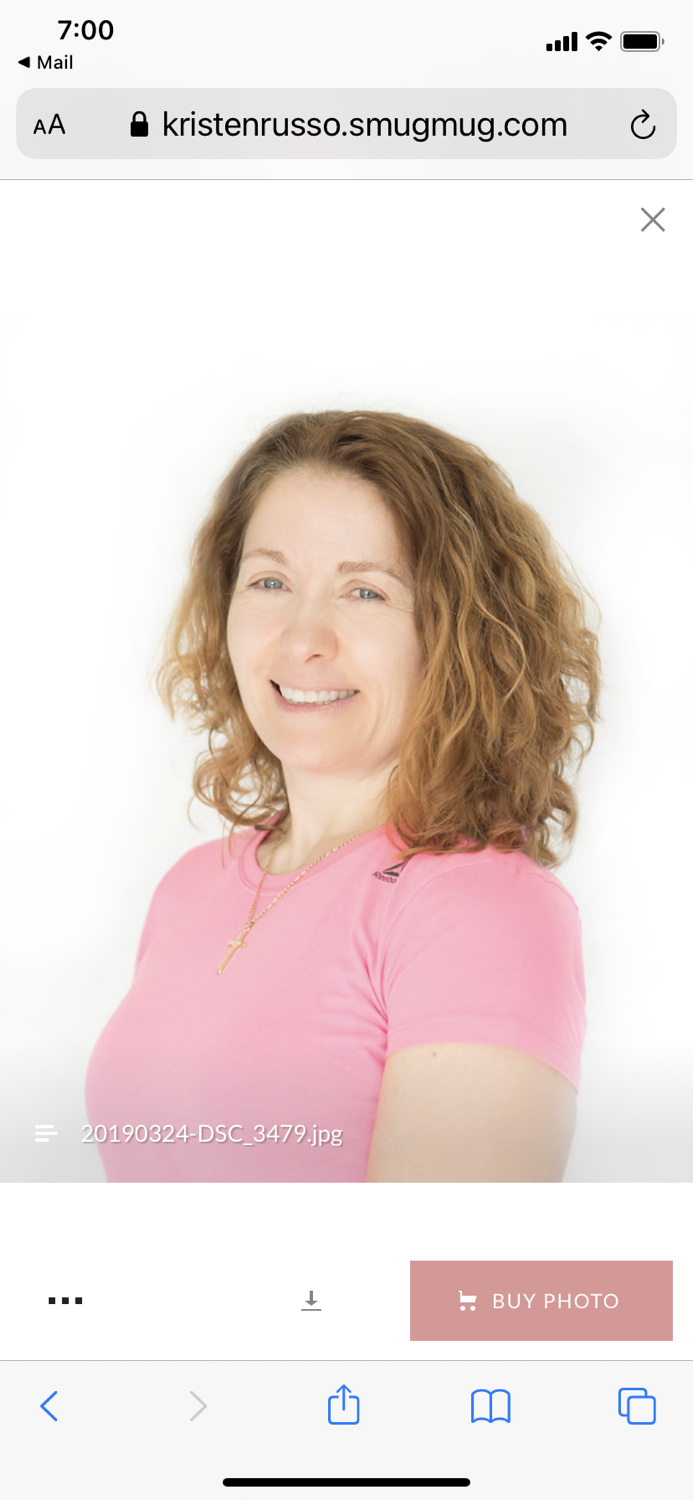Accept That You Have Some Toxic Traits, Too. It’s Not Always the Other Person.
- centerpointhealingservices.com

- Mar 7
- 4 min read
Accept that you have some toxic traits, too. It’s not always the other person. Self-awareness is key—sometimes, we contribute to the problem without realizing it. Growth comes from recognizing our own toxic traits, taking accountability, and working to change them. It’s not about self-blame, but about evolving into a better version of ourselves. Acknowledging our own toxic traits is a crucial step in personal growth and building healthier relationships. It’s easy to focus on what others are doing wrong, but real change starts with self-reflection. Here are some key points to consider:
1. Recognizing Toxic Traits in Ourselves
Toxic traits aren’t always extreme behaviors like manipulation or aggression; they can be subtle patterns like:
• Defensiveness – Refusing to take accountability or always justifying our actions.
• Passive-aggressiveness – Using indirect communication instead of addressing issues directly.
• Blaming others – Always seeing ourselves as the victim instead of reflecting on our role in conflicts.
• Emotional dumping – Expecting others to handle our emotional burdens without considering their capacity.
• Control issues – Struggling to let things go or insisting that things must be done our way.
2. Why It’s Hard to Accept Our Own Toxicity
• Ego and pride – Admitting fault can be uncomfortable and make us feel vulnerable.
• Blind spots – We don’t always see our behaviors the way others experience them.
• Past wounds – Sometimes, our toxic patterns come from trauma or past experiences we haven’t healed from.
3. The Importance of Accountability
Taking responsibility for our toxic behaviors isn’t about self-shame—it’s about growth. When we accept that we have areas to improve, we gain the power to:
• Strengthen our relationships by communicating better.
• Build self-awareness and emotional intelligence.
• Heal from past wounds that may be influencing our behaviors.
• Create a more positive and peaceful life.
4. Steps to Overcome Toxic Traits
• Practice self-reflection – Journaling or meditating on conflicts can help identify recurring patterns.
• Seek honest feedback – Trusted friends or a therapist can offer valuable insights.
• Develop emotional regulation – Learning to manage emotions prevents unhealthy reactions.
• Apologize when needed – A sincere apology can heal wounds and rebuild trust.
• Commit to change – Making small, intentional changes leads to long-term transformation.
Reiki can be a powerful tool for recognizing and healing toxic traits by promoting self-awareness, emotional balance, and inner transformation. Here’s how it can help:
1. Increasing Self-Awareness
Reiki helps clear mental and emotional blockages, making it easier to see our own patterns without denial or defensiveness. Regular Reiki sessions can bring subconscious behaviors to the surface, allowing us to recognize where we need to grow.
2. Healing the Root Causes of Toxic Traits
Many toxic behaviors stem from past wounds, traumas, or limiting beliefs. Reiki works on an energetic level to heal these deep-seated issues, helping us release anger, fear, insecurity, and pain that may be fueling unhealthy patterns.
3. Cultivating Emotional Balance
Toxic reactions often come from uncontrolled emotions like frustration, jealousy, or resentment. Reiki soothes the nervous system, balances emotions, and brings a sense of inner peace, making it easier to respond with patience and understanding instead of reacting impulsively.
4. Encouraging Self-Forgiveness and Growth
Recognizing toxic traits can trigger guilt or shame. Reiki promotes self-compassion, helping us accept our flaws without judgment while also inspiring positive change. It shifts us into a mindset of growth rather than self-criticism.
5. Strengthening Energy Protection and Boundaries
Sometimes, our toxic traits stem from absorbing negative energy from others or lacking strong personal boundaries. Reiki can reinforce energetic protection, making it easier to maintain a balanced, healthy mindset rather than reacting from a place of stress or overwhelm.
6. Supporting Mindful Communication
By calming the mind and emotions, Reiki helps us communicate more openly and honestly without passive-aggressiveness, defensiveness, or blame. It fosters clarity, making it easier to express ourselves in a way that nurtures relationships instead of damaging them.
7. Aligning with Higher Vibrations
Reiki raises our vibration, helping us embody qualities like kindness, patience, and empathy. As we heal our energy, we naturally start making choices that reflect a more positive, balanced version of ourselves.
How to Use Reiki for Overcoming Toxic Traits
• Self-Reiki Practice – Focus on the heart (for compassion), solar plexus (for confidence), and throat (for honest communication).
• Set Intentions – Before a session, set an intention like “I release defensiveness and embrace self-awareness.”
• Journaling After Reiki – Write down insights that arise during or after a session to track patterns and progress.
• Daily Energy Clearing – Regularly cleanse your aura to release negative influences and maintain emotional balance.
• Affirmations with Reiki – Use Reiki-infused affirmations like “I take responsibility for my actions and grow from them.”
Final Thought
We all have toxic traits—what matters is how we handle them. Owning our flaws doesn’t make us bad people; it makes us stronger, wiser, and more capable of meaningful connections. Growth starts with accountability.


Comentarios